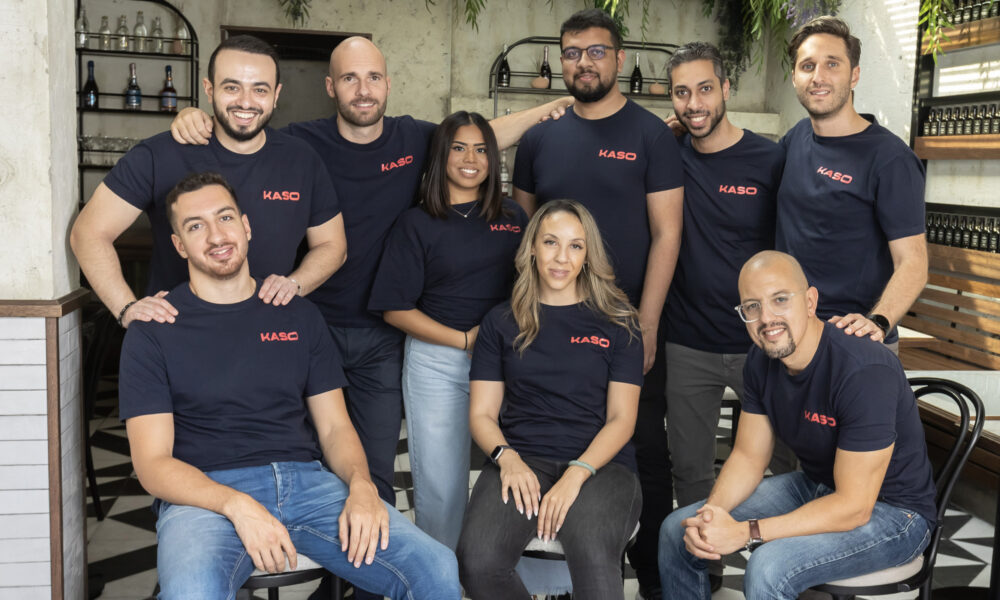News
Saudi Catering Supply Startup Kaso Gets $10.5 Million Investment
The B2B restaurant supply chain innovator has launched a new FinTech platform and plans to turn over $1 billion over the next 12 months.

Founded in 2021, Kaso is a Saudi Arabian B2B startup providing supply chain management tools for restaurants. The company already boasts 5,000-plus clients and partners across the United Arab Emirates and Saudi Arabia.
Kaso has seen strong growth since its founding and already includes notable brands like Burger King, Buffalo Wild Wings, Caribou Coffee, Chili’s, and Tim Hortons in its partner portfolio.
Recently, the startup raised $10.5 million in seed funding, enabling it to add a new FinTech platform to its suite of services that will further boost operations across the Middle East.
The funding round was backed by a range of regional strategic investors and saw international interest from the likes of Germany’s Global Founders Capital and Singapore’s MSA Novo, who both contributed to the startup’s first seed round in 2021, raising $2.1 million.
“It is very encouraging to see strong regional and international investors joining us, especially considering the challenges some startups currently face in the fundraising market,” explained Manar Alkassar, co-founder of Kaso.
Kaso’s primary goal is to “revolutionize” the food supply chain for the catering industry. To that end, the company’s new FinTech platform is intended to streamline operations using a “technology-backed ecosystem” to improve efficiency and transparency while reducing food waste.
Also Read: Revibe Has Raised $2.3 Million For Planned MENA Expansion
“It will offer payments and credit facilities to restaurants, further solving key challenges in the industry,” Mr. Alkassar said, with Kaso co-founder, Ahmed Soliman, adding: “Our platform has already made a significant impact in reducing inefficiencies in the industry, and we are confident that we can continue to make strides towards a more sustainable future.”
The restaurant procurement sector in the Middle East is a highly competitive industry. In the GCC alone, the market is projected to hit nearly $130 billion by 2029, at a compound annual growth rate of over 6%, according to research firm OCO Global.